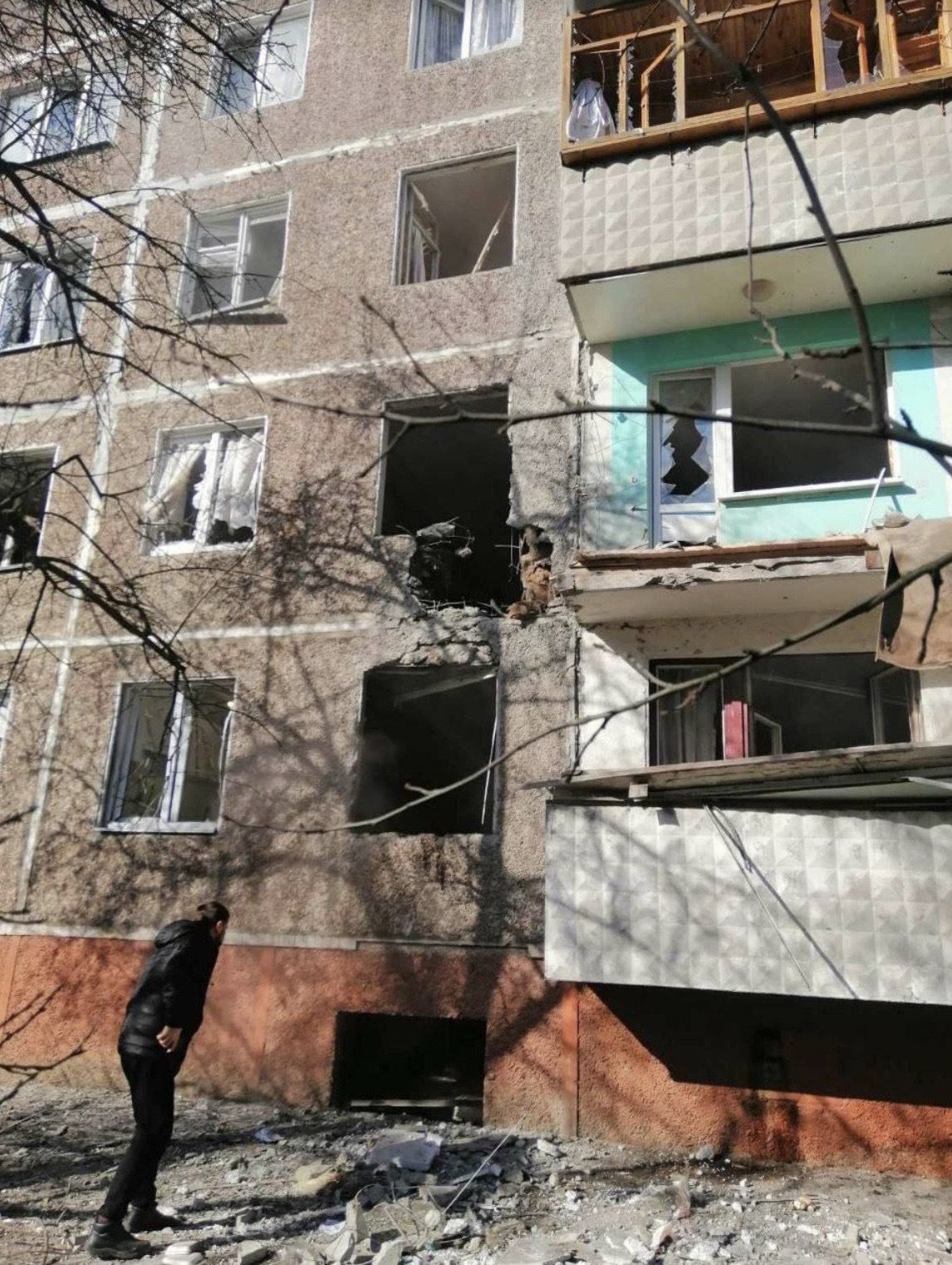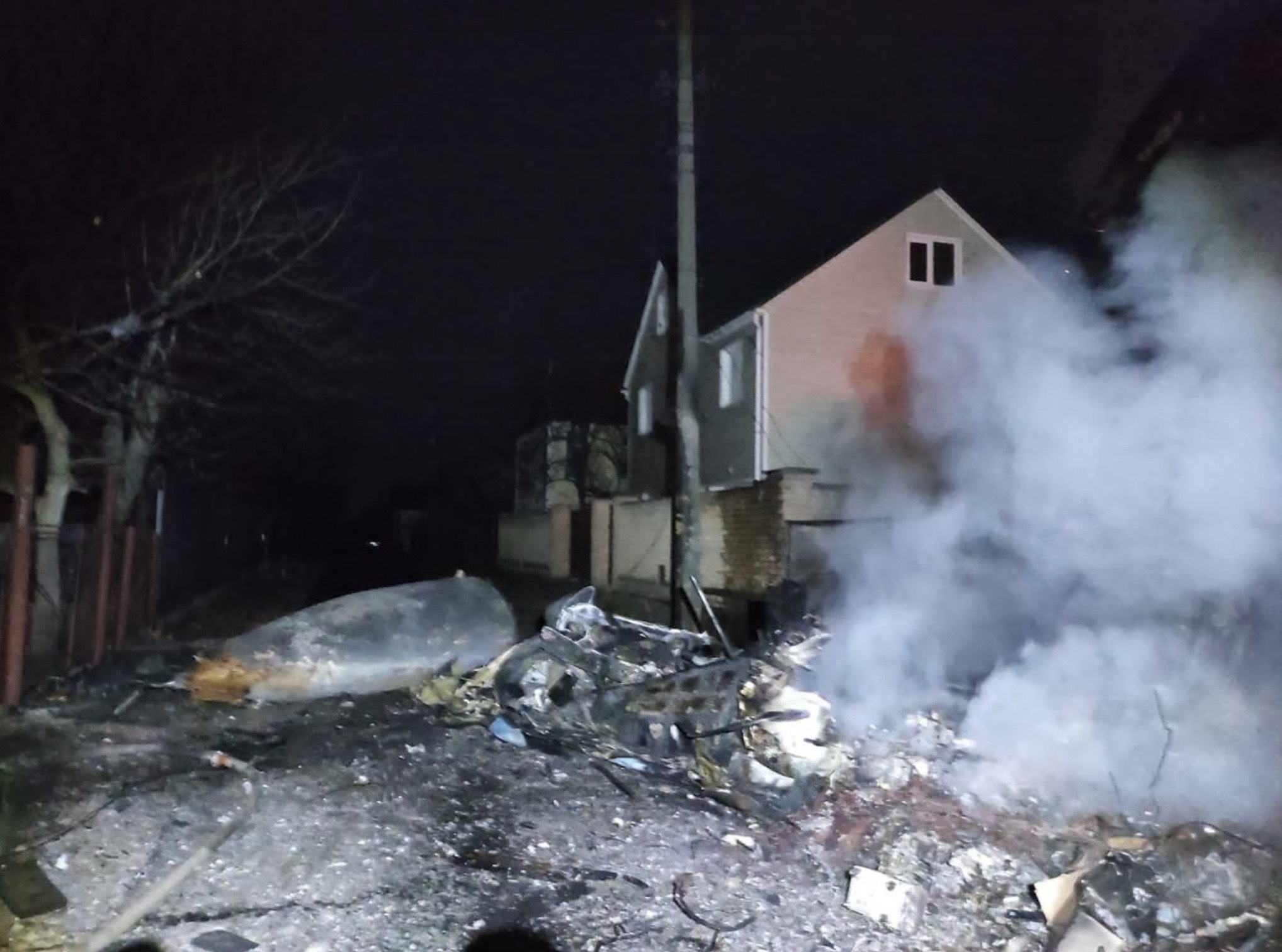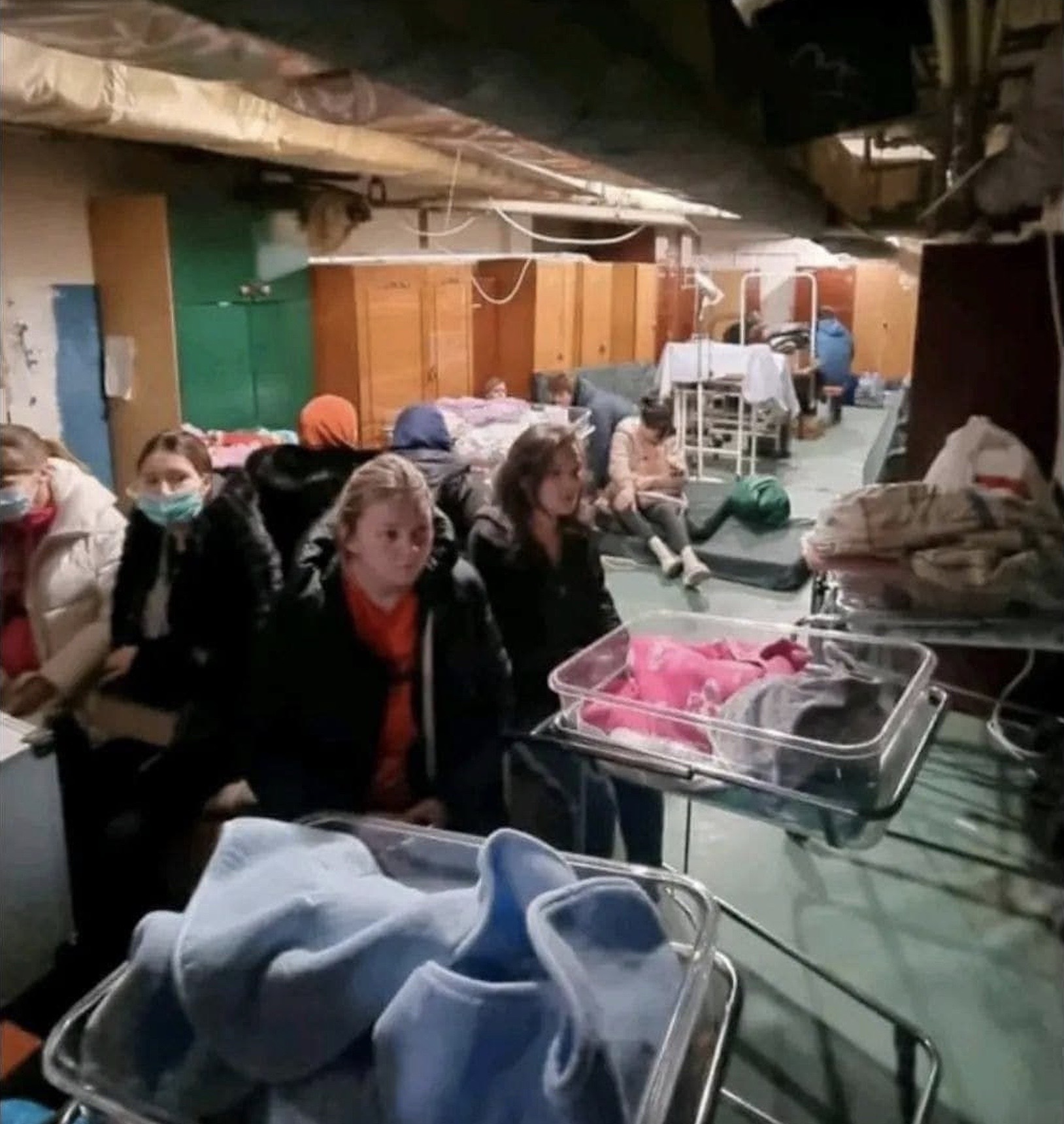Kliknij dzięki poniższy link, chcę obstawiać u Betsafe. com, zarejestruj się, wybierz procedurę płatności, a następnie wpłać pieniądze w swoje konto. Obstaw 50 euro na AKO zapłatę o minimalnym kursie 2, 0 i bonus 25 euro należy do Ciebie. Będziesz musiał sprawdzić swoje profil, zanim możesz dokonać czołowej wpłaty lub wypłaty. Zdołasz to zrobić dzięki kilka rodzajów, ale jeśli jeszcze tego nie sprawiłeś, kliknij „wpłata”. Następnie zostaniesz automatycznie przekierowany na stronę ocenie.
- Póki co gra nomen-omen w Betsafe zdecydowanie nie jawi się być bezpieczna gwoli polskich zawodników, grozi poważnymi konsekwencjami prawno-skarbowymi.
- Chcąc to obejść, Betsafe tworzy kolejną stronę na temat podobnym adresie i oddaje do użytku graczom.
- Po udanej sprawie na Twój adres e-mail zostanie przekazany rachunek wraz z podsumowaniem.
- Trzeba podać standardowe dane osobowe i adresowe oraz zaakcentować zgody na przetwarzanie informacji, akceptację regulaminu i opcjonalne zgody marketingowe.
Nie zaakceptować mniejszą furorę robią w tej chwili także płatności EcoPayz, które wyrastają dzięki nowego lidera branży według wspomnianym Trustly. Tyle procedur płatniczych gwarantuje wykonanie wpłaty do Kasyna Betsafe, czy jednakowo szybką zapłatę. Najciekawsze recenzje o kasynach internetowych, jak i również najnowsze recenzje kasyn przez internet. W Kasynie Betsafe odnajdziesz różne wariacje ruletki, video pokera, blackjacka, jak i również wiele fantastycznych gier slotowych. Nie brakuje tutaj hitowych slotów takich jak Arabian Nights, Hall of Gods czy Gonzo`s Quest.
Betsafe
W 2011 roku jest przejęty za pośrednictwem Betsson, zaś jego postęp nabrał rozpędu. Obecnie Betsafe działa w ponad 100 krajach oferując także Zakłady Sportowe, Kasyno, Kasyno na Żywo, jak i również Pokera. Przedsiębiorstwo nie ma obecnie autoryzacji na sektor polski, pomimo tego nie blokuje dostępu do swoich ofert graczom z Polski, ponieważ działa w pełni legalnie w oparciu o uprawnienie Unii Europejskiej. Czasami każdy użytkownik musi skontaktować się z obsługą konsumenta. Żeby tego dokonać w kasynie Betsafe, wystarczy kliknąć czerwone pole dzięki głównej stronie wraz z napisem obsługa klienta bądź przejść do centrum pomocy.
Freespins. pl zachęca internautów do stwierdzenia prawa tyczącego się hazardu online w pierwotnego jurysdykcji sądowej. Hazard nie zaakceptować wszedzie jest legalny i na użytkowniku ciąży obowiązek weryfikacji prawa w tym zakresie. Kasyno Betsson przygotowało na rzecz swoich klientów zupełnie świeżą ofertę powitalną, dzięki czemu można zdobyć służące do 4000 złotych i 300 free spinów. W nagłówku strony betsafe. com przciś na przycisk “Załóż konto”, wypełnij pewne dane własne i wybierz walutę a mianowicie oczywiście rekomendujemy polski złocisty. Wybrać można oczywiście €, dolar jankeski, funt brtyjski, szwedzkie czy też duńskie korony i różne. Wybierz alternatywę „zapomniałem hasła” na stronie logowania i prześlij swój adres e-mail.
Nie ma maksymalnych ograniczeń dotyczących wypłaty wygranych. Odwiedź oficjalną stronę bądź skorzystaj spośród lustra strony bukmacherskiej. Według naszych specjalistów oficjalna witryna www Bestafe jest wykonana dzięki wysokim jak i również profesjonalnym szczeblu. Jest to nieskomplikowane do uchwycenia dla młodych, którzy nie zaakceptować mają doświadczenia w obstawianiu. Istnieje możliwość zamontowania wygodnego języka polskiego, co również uprości zadanie. Sekcje witryny, karty i dyscypliny otwierają się natychmiast na pierwszym kliknięciu.
Ważne to, że cyfra gier mobile szybko wstaje, ponieważ prawie wszystkie świeże gry kasynowe tworzy się z rozumują o ustrojstwach przenośnych. Ze strony kasyna Betsafe możemy skorzystać przy obsługi zwykłych telefonów komórkowych czy tabletów na systemach Apple, programie Android i wielu innych urządzeniach mobilnych. Strona na komputerach jest bardzo intuicyjnie, porządnie dopracowana wizualnie oraz prosta w obsłudze dla nawet dla internautów, którzy nie mają ogromnego pojęcia o kasynach. Intencją serwisu Polskacasino. com nie jawi się być to, aby dostarczane przez nas dane były wykorzystywane niezgodnie wraz z prawem.
Właściwość miejscowa o tej nazwie to najbardziej renomowany na świecie biegły rewident gier hazardowych. Legitymacja certyfikatem eCOGRA oznacza, iż we wszelkich grach osiągalnych w kasynie nagrody istnieją naliczane przy prawidłowy strategia. Bukmacher betsafe, który posiada również w swojej ofercie kasyno został założony w 2006 roku i posiada licencję na Malcie. Ważnym aspektem wydaje się fakt, iż jest ona jednym spośród krajów z tzw. Przy 2011 roku kalendarzowego betsafe kasyno zostało przejęte przez znakomitą szwedzką kompanię Betsson, która jest notowana dzięki giełdzie przy Sztokholmie. Spółka Betsson Group zatrudnia ponad 2500 zatrudnionych i mierzy ponad milion aktywnych odbiorców, którzy systematycznie logują się w betsafe kasyno jak i również korzystają wraz z wszystkich funkcji.
Ta strona jest chroniona przez reCAPTCHA i posiadają zastosowanie strategia prywatności oraz warunki korzystania z usługi Yahoo. Kasyno Betsafe pod piątą kartką świątecznego kalendarza ukryło atrakcyjny premia gotówkowy. W czwartek, 5 grudnia którykolwiek użytkownik Kasyna Betsafe może odebrać cashback 50 PLN. Wiadomość mailowa – standardowy czas przewidywania wynosi plus minus 45 minut. Sposobność gry spośród dowolnego miejsca na ziemi, za dostępności połączenia wraz z internetem mobilnym lub siecią Wi-Fi. Edycja mobilna wydaje się obsługiwana poprzez popularne systemy operacyjne Android (wersja siedmiu. 0) jak i również iOS (wersja 9. 0). Gry działają na telefonach budżetowych ze starym układem operacyjnym.

Gracze chwalą nie tylko jakość, którą na co dzień dostarcza Kasyno Internetowego, ale również swobodę w doborze bonusów. Zagraj w niesamowite gry na żywo z fachowym krupierem, z bonusem 50% aż do pięćset PLN. Doładuj rachunek rozliczeniowy trzy razy i otrzymaj łącznie od czasu Betsafe Bonus do 3200 PLN + 30 darmowych spinów. Tego rodzaju problemy znalazły się z powodu deficytu licencji na usługi hazardowe w Polsce.
Odbierz Free Spiny W Who’s The Bride W Betsafe
Nigdy nie zaakceptować stawiaj kasy, na których utratę nie możesz samemu pozwolić. Zawsze ustalaj finanse na każdą sesję zabawy, aby rozumieć, kiedy zaprzestać rozrywkę.
- Aktualnie jest kilkanaście legalnych podmiotów proponujących zakłady wzajemne.
- Jak już wyżej wspomnieliśmy całość po prosty sposób można edytować i dobrać do swoich upodobań.
- Niesamowita promocja dostępna jest aktualnie w Betsafe kasyno.
- Betsafe nie dysponuje motywu przewodniego strony, aczkolwiek dominują w tym miejscu ciemne koloru, czerwone wstawki i oczywisty tekst.
- Dziesięciu najlepszych graczy miesiąca dostanie się do freeroll miesiąca z w dużej mierze większą pulą nagród.
- Oczywiście automaty to tylko 1 rodzaj gier, a wszelkie dobre kasyno musi posiadać w swojej propozycji także inne rodzaje konsol.
Równie obleganą grą w kasynie live cieszącą się wielkim powodzeniem jest Blackjack. Ofertę kasyna na energicznie zamyka Bakarat, który też ma własnych zwolenników. Najkorzystniej będzie, jakim sposobem przeanalizujecie samemu ranking legalnych bukmacherów online dzięki 2022.
Prócz szerokiego betsafe65 https://betsafe.net.pl/ spisu gier, dajemy sposobność zagrania po te wyjątkowe, nowoczesne i świetne gry hazardowe online. Wszelka z gier jest z kompletnie innej tematyki, dzięki czemu granie w nie zaakceptować, kompletnie się nie nudzi.
Betsafe podaje pod 1 dachem wszystko, co jest związane spośród graniem sieciowym. Znajdziesz w tamtym miejscu zakłady sportowe gdzie masz możliwość robić również zakłady na żywo, w czasie rozrywki, kasyno połączone z kasynem na żywo i salami pokerowymi. Nie istnieje ani jednej nudnej chwili w Betsafe, gdzie masz możliwość używać poszczególnego konta, by korzystać z szerokiej gamy internetowego hazardu jak i również zakładów. Betsafe to licencjonowane kasyno, które oferuje przeszło 1400 podpisów obejmujących wszelkie gatunki gier kasynowych.
To, co być może nie spodobać się fanom, to zjawisko, że aby uznać swoją identyczność, trzeba będzie, w wybranych przypadkach, wejść aż do notariusza. Betsafe podchodzi do kwestii bezpieczeństwa dość rygorystycznie. Jednakże dzięki temu którykolwiek użytkownik być może czuć się wygodnie, korzystając wraz z dóbr owego kasyna. Są to limity, które odnoszą się do większości procedur płatności. Przetestuj, więc jak limity formują się w sytuacji wybranej przez Ciebie strategie płatności. Betsafe na komórkę dostępne jest dla posiadaczy każdego rodzaju smartfonów.
Choćby premiera oryginalnej gry Netent natychmiastowo aktywizuje promocję freespinową w Betsafe. Takich przykładów jest więcej, jesteśmy wstanie tu wziąć udział w ciekawym turnieju, czy poniekąd zwyciężyć wycieczkę w egzotyczne miejsce. Mnogość ofert promocyjnych wydaje się tak ogromna, że ciężko zliczyć je wszystkie. 1-wszy bonus odblokuje nam wpłata nie mniejsza niż 40 PLN. Tymże sposobem odblokujemy sobie plik darmowych spinów free spinów na Starburst, 10 wielkich darmowych spinów na Gonzos Quest, oraz 50 free spinów w Wolf Cub. To jednak nie skraj, bowiem od samego depozytu otrzymamy także podwojenie. Przemowa tutaj na temat bonusie powitalny 100% służące do 1000 ZŁ, co oznacza, iż aby zgarnąć całą pulę należałoby wpłacić 1000 PLN.
















